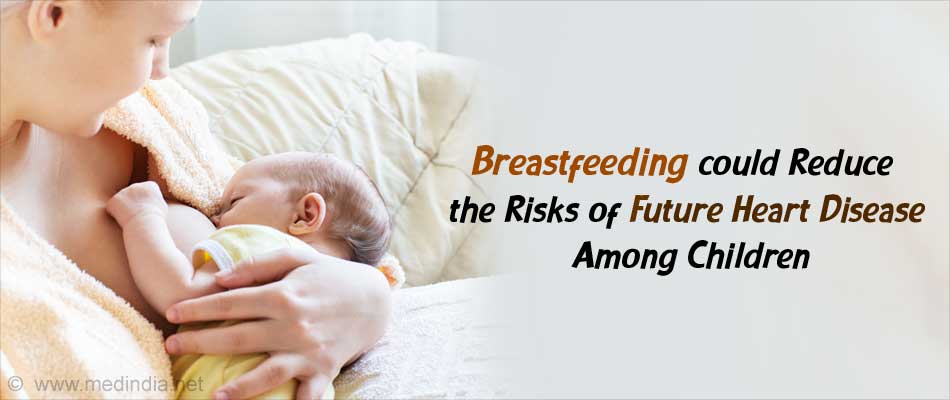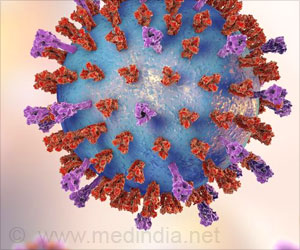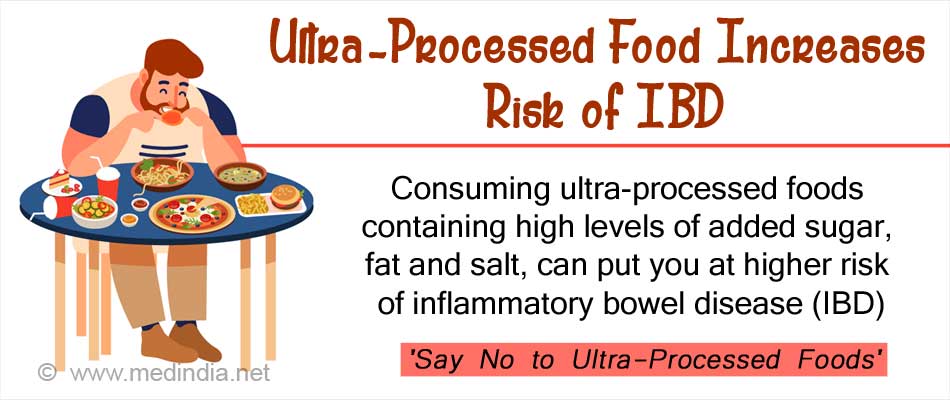related to reducing cardiovascular disease risk in adulthood, the amount and length of time needed to attain these benefits have not been clear.
“Our study suggests that for cardiovascular outcomes such as blood pressure, even a brief period of breastfeeding is beneficial. This points to colostrum as a key factor in shaping developmental processes during the newborn period. For many reasons, sustained breastfeeding should be strongly supported, and it is also important to understand that ‘every drop counts,’ especially in those critical first few days of life,” said Dr.Meghan B. Azad, one of the study authors.
What is New About the Study?
The researchers used infant feeding information related to 2382 children who were born between 2009-2012. They all have been followed ever since to understand how early life experiences shape health and development. The data were retrieved from the ongoing Canadian CHILD Cohort Study that contains the above details from hospital records and caregiver questionnaires.
Among the 2382 children,
- 98% were breastfed to some extent, of which 4% received “early limited breastfeeding”- a few breastfeedings during the hospital stay
- 2% of children in the study were not breastfed at all
Seventy-eight percent of babies who got breastfed had it for six months or more, whereas sixty-two percent had it exclusively for at least three months without any formula, solid foods, or other fluids since birth.
Implications of the Study
- At three years of age, children who had breastmilk for any duration showed lower blood pressure measures (average of 99/58 mm Hg) compared to the children who never had it (average 103/60 mm Hg)
- Irrespective of the infants’ body mass index, time duration of breastfeeding, intake of other complementary nutrition and foods, or their mothers’ social, health, or lifestyle factors, blood pressure levels remained low among the toddlers who got breastfed.
The study has some limitations as it could not derive a cause-and-effect relationship between breastfeeding and blood pressure in early life. Yet, “This important study provides ongoing support for the premise that care during infancy can influence heart health. While further investigation is needed to understand the mechanisms responsible for the positive impact of early breastfeeding on blood pressure in young children, the authors should be commended for their identification of a modifiable factor that has the potential to improve child health,” said Shelley Miyamoto, chair of the American Heart Association’s Council on Lifelong Congenital Heart Disease.
References :
- Breastfeeding, even for a few days, linked to lower blood pressure in early childhood – (https://newsroom.heart.org/news/breastfeeding-even-for-a-few-days-linked-to-lower-blood-pressure-in-early-childhood?preview=4c0d)
- Breastfeeding in the First Days of Life Is Associated With Lower Blood Pressure at 3 Years of Age – (https://www.ahajournals.org/doi/10.1161/JAHA.120.019067)
- High Blood Pressure in Kids and Teens – (https://www.cdc.gov/bloodpressure/youth.htm#:~:text=Using%20the%20updated%202017%20American,common%20in%20youth%20with%20obesity.)
Source: Medindia



